The impact of past vaccination coverage and immunity on pertussis resurgence

The resurgence of pertussis over the past decades has resulted in incidence levels not witnessed in the United States since the 1950s. The underlying causes have been the subject of much speculation, with particular attention paid to the shortcomings of the latest generation of vaccines. We formulated transmission models comprising competing hypotheses regarding vaccine failure and challenged them to explain 16 years of highly resolved incidence data from Massachusetts, United States. Our results suggest that the resurgence of pertussis is a predictable consequence of incomplete historical coverage with an imperfect vaccine that confers slowly waning immunity. We found evidence that the vaccine itself is effective at reducing overall transmission, yet that routine vaccination alone would be insufficient for elimination of the disease. Our results indicated that the core transmission group is schoolchildren. Therefore, efforts aimed at curtailing transmission in the population at large, and especially in vulnerable infants, are more likely to succeed if targeted at schoolchildren, rather than adults.
